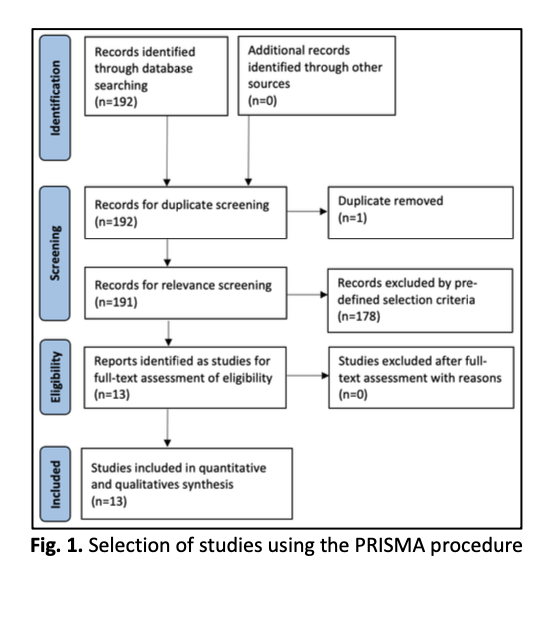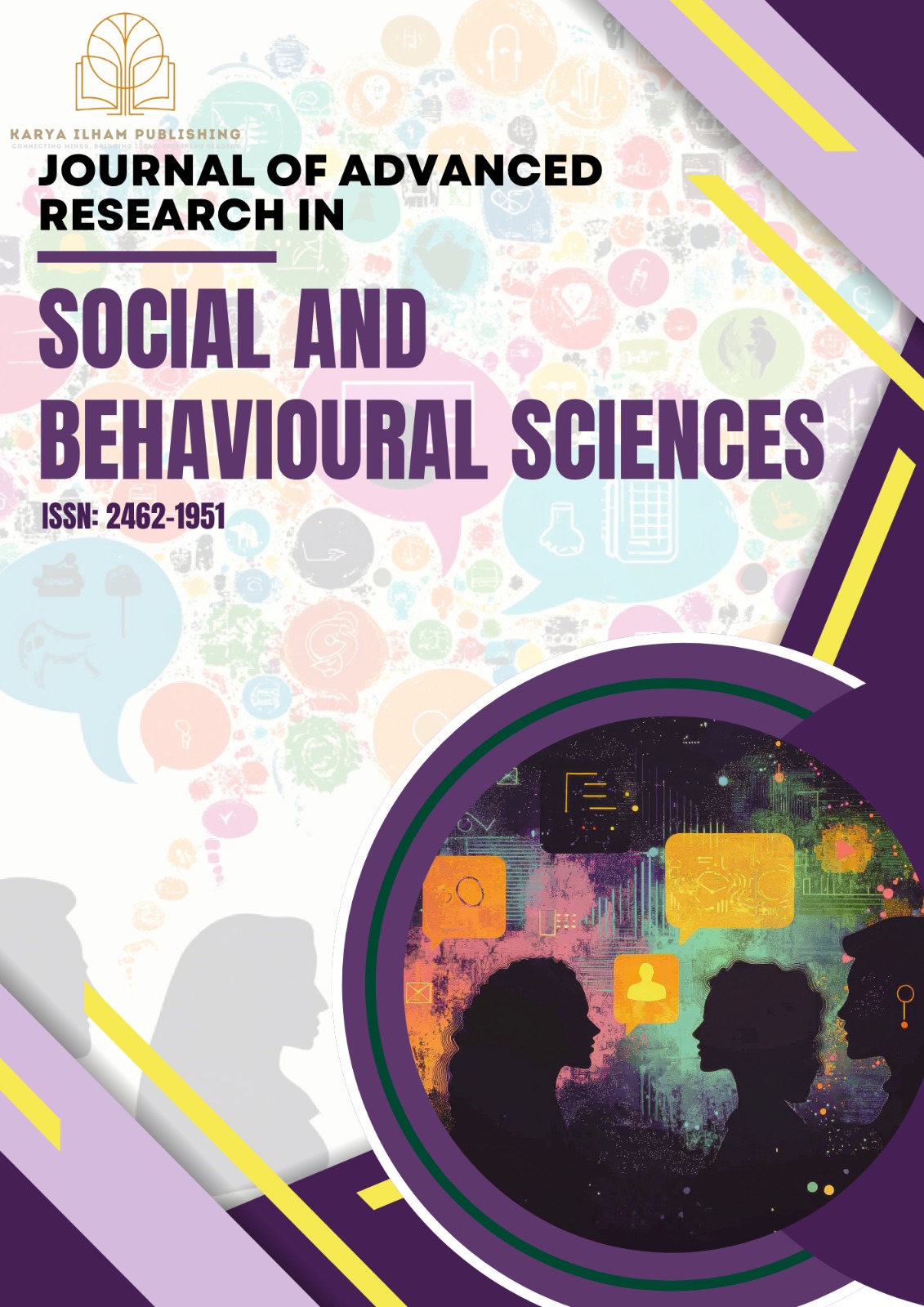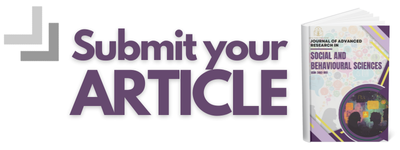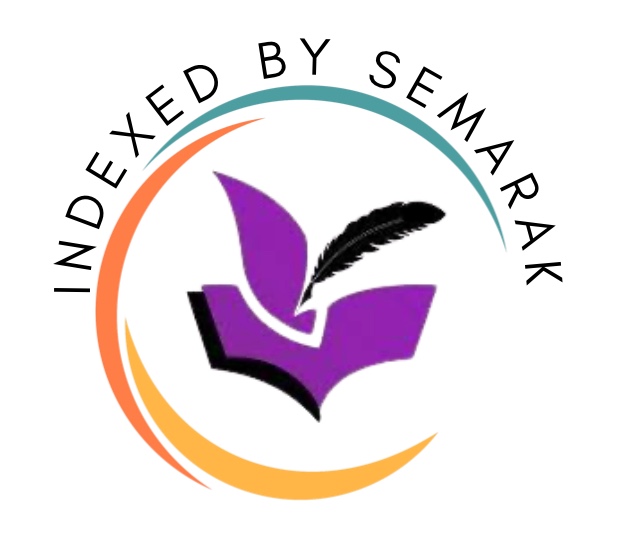Advancements in Personalized Learning: A Systematic Review of Recommendation Systems in Massive Open Online Courses (MOOCs)
DOI:
https://doi.org/10.37934/jarasbs.39.1.143164Keywords:
Massive open online courses (MOOCs), recommendation system, personalized learningAbstract
Massive Open Online Courses (MOOCs) have transformed education by offering flexible learning opportunities to a diverse global audience. However, creating personalized and inclusive learning experiences remains a challenge due to varied learner needs and preferences. This systematic review examines advancements in Personalized Course Recommendation Systems (PCRS) within MOOCs, focusing on their role in enhancing accessibility and relevance. Using the PRISMA framework, the review analysed 13 empirical studies and 5 review articles published between 2021 and 2024, selected using inclusion criteria covering language, relevance, publication type and accessibility, while excluding non-English, non-peer-reviewed and abstract-only records. Unlike prior reviews, this study narrows the scope to recent AI-based methods, emphasises the period from 2021 to 2024 and synthesises empirical and review articles with a deeper focus on accessibility. Searches spanned five databases, namely Scopus, ScienceDirect, SpringerLink, Taylor & Francis and Wiley. By exploring collaborative filtering, content-based and hybrid approaches, the review highlights how these systems leverage user behaviour data, such as engagement patterns, learning preferences and performance metrics, to deliver tailored recommendations. It also identifies technologies used to foster inclusivity, improve retention and support equitable access to online education. The findings underscore the potential of data-driven personalisation to address accessibility gaps. They also provide actionable insights for developing more effective and inclusive PCRS in MOOCs. Challenges remain in scalability, bias and real-time adaptability. Future research directions are proposed to address these challenges, ensuring that PCRS can operate effectively in diverse educational contexts.
















